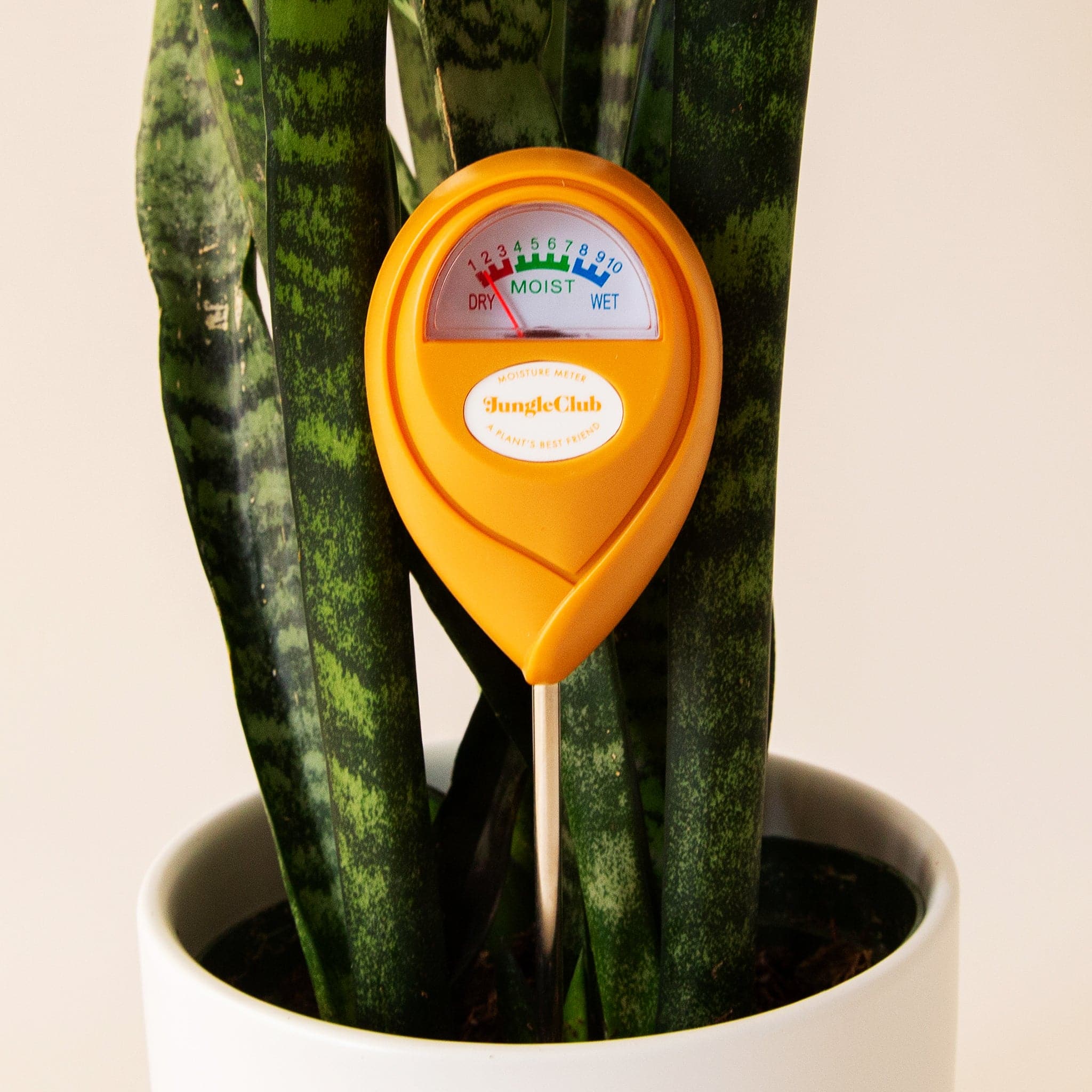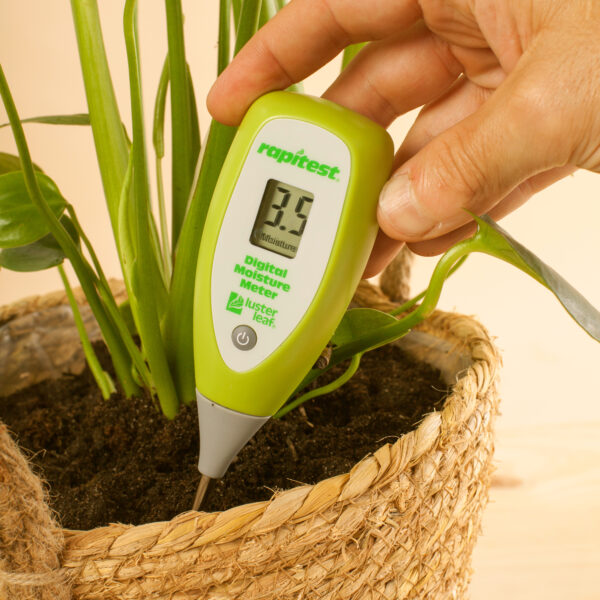Comprehending the Different Types of Moisture Meters and Their Applications
Comprehending the Different Types of Moisture Meters and Their Applications
Blog Article
The Ultimate Guide to Dampness Meters: A Comprehensive Introduction and Just How They Can Conserve You Cash
Wetness meters serve as vital devices in identifying and keeping an eye on moisture web content in materials, assisting in stopping costly damages and ensuring the top quality of products. Understanding the nuances of various kinds of wetness meters, their applications, and the potential cost-saving benefits they provide can be a game-changer for professionals and businesses alike.
Kinds Of Dampness Meters
One common type is the pin-type dampness meter, which determines the electric resistance between 2 pins inserted into a material. Pinless moisture meters, on the other hand, use electromagnetic sensor plates to check a bigger area without causing damages to the material's surface.

Infrared moisture meters determine the thermal residential properties of a material to identify its dampness content non-invasively, making them helpful for applications where pin or pinless meters may not be ideal. Understanding the various kinds of wetness meters offered can help markets select the most proper tool for their particular dampness dimension needs.

Benefits of Making Use Of Dampness Meters
Dampness meters use important advantages in accurately analyzing and keeping track of wetness degrees in diverse products and atmospheres. One of the primary benefits of making use of wetness meters is the avoidance of potential damage caused by excess dampness.
Moreover, utilizing moisture meters can lead to boosted energy efficiency. In agricultural settings, wetness meters play a vital duty in optimizing crop yields by enabling farmers to keep track of soil moisture levels and make notified watering decisions.
Just How to Pick the Right Dampness Meter
Choosing the appropriate moisture meter includes considering crucial variables such as product compatibility, measurement variety, and calibration precision. When selecting a moisture meter, it's vital to ensure that the meter appropriates for the details product you will be testing. Various materials have differing electric residential properties that can influence moisture readings, so choosing a meter developed for your material is important for exact outcomes. In addition, think about the measurement variety of the moisture meter. Make certain that the meter can identify wetness levels within the range needed for your applications. Calibration precision is one more crucial variable to remember. Choose a moisture meter with dependable calibration to make certain consistent and accurate analyses. Some meters may require routine calibration modifications, so understanding the calibration process is very important. By very carefully evaluating these aspects, you can select a dampness meter that fulfills your needs and supplies precise dampness measurements for your jobs.
Appropriate Methods for Moisture Meter Use

Price Savings Through Moisture Meter Applications
How can the critical use of moisture meters lead to considerable cost financial savings across different industries? In the farming industry, dampness meters aid in establishing the ideal time for collecting crops, stopping over-drying or excess dampness that can affect the last product's quality.
Likewise, in building, moisture meters assist prevent expensive problems by finding moisture degrees in structure products, such as wood or concrete, which can bring about structural concerns if not dealt with without delay. By determining trouble areas early on, specialists can take corrective steps to avoid comprehensive repair services or substitutes, inevitably saving money and time.
Furthermore, in the food handling industry, moisture meters are crucial for keeping track of item top quality and guaranteeing compliance with security guidelines. By properly gauging moisture content in foodstuff, makers can protect against spoilage, preserve quality, and decrease waste, leading to considerable expense financial savings. Generally, the calculated application of moisture meters is a valuable investment that can result in considerable expense decreases and enhanced effectiveness throughout various markets.
Final Thought
In verdict, wetness meters are beneficial devices for discovering and determining wetness levels in different materials. By utilizing the best wetness meter and complying with correct methods, individuals can properly protect against her response pricey problems triggered by excess wetness. Purchasing a high quality dampness meter can bring about substantial expense savings in the future by identifying possible problems beforehand and making it possible for prompt remediation. Ultimately, dampness meters are crucial tools for maintaining the honesty and browse this site durability of products and structures.
Dampness meters offer as essential devices in spotting and keeping track of moisture web content in materials, helping in preventing expensive problems and making sure the quality of products. Infrared dampness meters measure the thermal residential or commercial properties of a product to establish its moisture material non-invasively, making them valuable for applications where pin or pinless meters may not be appropriate.Dampness meters offer vital benefits in accurately evaluating and checking wetness degrees in varied materials and atmospheres. In agricultural settings, dampness meters play a critical role in maximizing crop Extra resources yields by allowing farmers to keep an eye on dirt wetness degrees and make educated watering choices.In conclusion, moisture meters are useful devices for detecting and measuring wetness degrees in different products.
Report this page